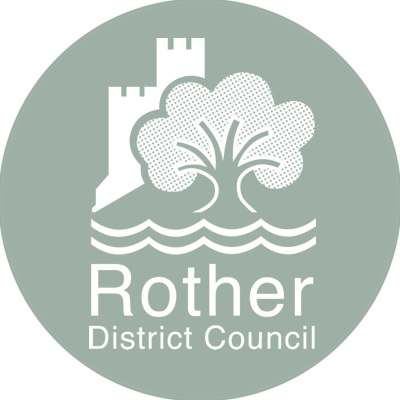Agenda item
Draft Revenue Budget 2022/23 Proposals
Minutes:
Members gave consideration to the report of the Chief Finance Officer on the draft Revenue Budget, which outlined the likely financial position and key issues that Members needed to consider as part of the budget setting process. The Committee had been requested to consider the draft budget and make recommendations to Cabinet, to be considered at its meeting on 7 February 2022.
The report updated Members on the second phase of the budget setting process. Appended to the report were details of the summary draft Revenue Budget (Appendix A), the summary information for each service area (Appendix B), main changes in net cost of services between 2021/22 and 2022/23 (Appendix C) and the Council’s revenue reserves (Appendix D).
The following assumptions had been made in calculating the draft Revenue Budget:
• inflation of between 1.8% and 2% had been applied except for contracts where specific indices were applied;
• salaries had been assumed to increase by 1% from September 2022;
• the use of transfers between existing budgets had been applied enabling funding to be re-directed into priority areas; and
• increased income in line with increases agreed by Cabinet on 9 November 2021.
The following key issues were highlighted:
• the draft Local Government Finance Settlement announced by the Government in December applied to 2022/23 only and did not guarantee any future funding streams; the Council’s Core Spending Power (what the Government believes the Council requires to fund services across the district) had been set at £11.4m, an increase of £0.7m from 2021/22;
• an additional £738,000 in various one-off grants and New Homes Bonus that had not been expected had been announced; the Government had stated a commitment to address these grants (with the exception of the Services Grant of £164,000) going forward as part of its Fair Funding Review;
• the East Sussex Business Rates Pool for 2022/23 would be retained;
• the 2022/23 council tax base had been calculated at 38,626.8 and showed an increase of 1,020 Band D equivalents mostly due to an increase in chargeable dwellings, new developments and reduction in Council Tax Reduction Scheme claimants;
• the council tax referendum principle for Rother would allow an increase in council tax of £5 or 2% whichever was the highest; it had been assumed that the Council would increase council tax by the maximum allowed before a referendum was required;
• for 2022/23, to ensure the Council remained within the referendum limit, it was assumed that an increase of £4.67 to £193.38 would be agreed for a Band D property, resulting in additional income of £373,000;
• it would be essential to deliver the savings identified as part of the Financial Stability Programme (FSP), or risk the increased use of reserves, cutting statutory services and stop providing some non-statutory services altogether; and
• £3.670m of reserves would be used in order to meet specific costs (capital and service expenditure).
The cost pressures that may affect the Council’s finances were highlighted within the report and these included homelessness demands, planning appeals, staffing costs, non-pay inflation and the continued impact of COVID-19.
It was proposed to establish a budget contingency of £200,000 for 2022/23 to be controlled by the Chief Finance Officer in consultation with the Chief Executive and used to fund large unexpected events that had not been included in the 2022/23 i.e. further significant inflation increases, judicial reviews and emergency building maintenance works.
The budget consultation was currently on-going and due to close on 31 January 2022. Responses would be reviewed and reported to Cabinet on 7 February 2022.
Members had an opportunity to put forward questions and the following points were noted during the discussion:
• in order to prevent reserves falling below £5m, Members agreed that further properties should be acquired through the Property Investment Strategy (PIS);
• the homelessness budget was difficult to predict and often resulted in an overspend. Members agreed that further properties for use as Temporary Accommodation be acquired rather than using B&Bs. To date, only half of the allocated budget had been spent;
• in order to make savings, Members agreed that the consideration of services to be transferred to the Bexhill Town Council was required; and
• the waste contract had resulted in an extra £1m per year and was increasing by a further 5%.
The Council’s ability to deliver a balanced budget was dependent on strong financial management and the successful delivery of the FSP. Failure to do so would impact on the Council’s ability to meet its statutory obligations.
RESOLVED: That the comments of the Overview and Scrutiny Committee be considered by Cabinet when setting the 2022/23 Draft Revenue Budget at its meeting on 7 February 2022.
Supporting documents:
-
Draft Revenue Budget 2022/23 Proposals, item OSC21/46
 PDF 391 KB
PDF 391 KB -
Appendix 1 - Minute Extract, item OSC21/46
 PDF 208 KB
PDF 208 KB
